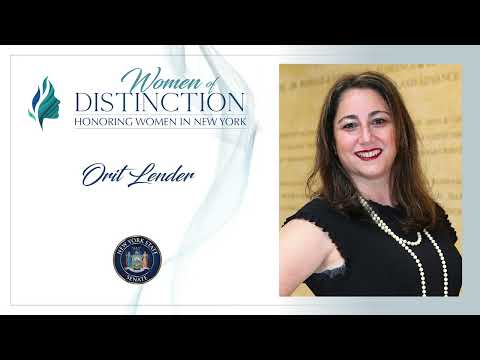
Senator Andrew Lanza Announces Landmark Ethics Reforms
Legislative leaders today announced an agreement to implement one of the most sweeping ethics and lobbying reform packages in state history.
Senator Andrew Lanza said, "As Chairman of the Senate Ethics Committee, I am so pleased to be a part of these historic reform measures which will bring greater accountability and transparency to state government."
The agreement implements an array of new ethics and lobbying standards, including the following:
Lobbying Reforms
– Prohibits all gifts from lobbyists and their clients of more than "nominal value" and broadens the types of lobbying activities that lobbyists must disclose;Gifts
– Prohibits all gifts of more than "nominal value" from non-lobbyists to public officials where such gifts might appear designed to influence the official;Honoraria
– Bans virtually all honoraria for statewide elected officials, agency heads and legislators;Anti-Nepotism Policy
– Prohibits state employees from participating in any personnel decision or contracting matter concerning a relative;Political Hiring
– Bars non-legislative employees from asking about the political affiliation, contributions or voting records of prospective employees;Soliciting Contributions
– Prohibits non-legislative employees from using their authority or influence to "compel or induce" any other employee to make political contributions;Running for Elective Office
– Prevents agency heads from becoming a candidate for any compensated elective office unless they resign or take an unpaid leave of absence;Taxpayer-Financed Advertisements
– Prohibits elected government officials and candidates for elected local, state or federal office from appearing in taxpayer-funded advertisements; andRevolving Door
– Closes the "revolving door" loophole by prohibiting former legislative employees from directly lobbying the Legislature for two years, and expands the revolving door restrictions for Executive Chamber employees to preclude appearances before any state agency.The agreement also strengthens penalties for violations of the state Public Officers Law and state Lobbying Law. The maximum civil penalty for public officers who commit ethics violations will be increased from $10,000 to $40,000 plus the value of any associated gain. Lobbyists who repeatedly flout lobbying laws will be subject to suspension.
The agreement combines the current State Ethics Commission and State Lobbying Commission and creates a new State Commission on Public Integrity with broad authority to enforce ethics and lobbying laws.
Finally, the agreement replaces the current Legislative Ethics Committee with a new Legislative Ethics Commission that has a majority of independent members and new disclosure requirements.
"It is important for people to have confidence that government is working effectively, honestly and efficiently on their behalf, and these measure will go a long way to ensure that is always the case," Senator Lanza concluded.
###

